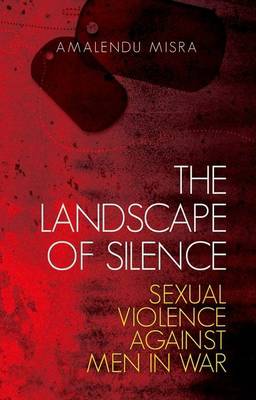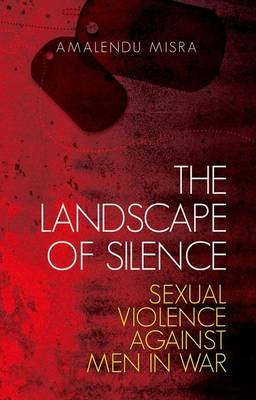
- Retrait gratuit dans votre magasin Club
- 7.000.000 titres dans notre catalogue
- Payer en toute sécurité
- Toujours un magasin près de chez vous
- Retrait gratuit dans votre magasin Club
- 7.000.000 titres dans notre catalogue
- Payer en toute sécurité
- Toujours un magasin près de chez vous
65,45 €
+ 130 points
Description
Why is it that men and boys have been and still are violated in human conflict, be it in conventional war, insurgencies or periods of civil and ethnic strife? Above all, why, throughout history, have victims, perpetrators and society as a whole refused to acknowledge this violation, and why do episodes of male-on-male rape and sexual abuse feature so rarely in accounts of war, be they official histories, eye-witness accounts or popular narratives? Is there more to this elision of memory than simply shame? Is there more to it than the victor's desire to violate the enemy body? Amalendu Misra's startlingly original research into male sexual violence explores the meaning and role of the male body prior to its abuse and how it is altered by violation in wartime. He examines the bio-political contexts of conflict in which primarily men and occasionally women sexually violate men; he details the inadequate legal safeguards for survivors of such events; and in unearthing and analysing an ignored aspect of war, he inquires whether such violence can ever be deterred.
Spécifications
Parties prenantes
- Auteur(s) :
- Editeur:
Contenu
- Nombre de pages :
- 256
- Langue:
- Anglais
Caractéristiques
- EAN:
- 9781849042826
- Date de parution :
- 15-08-15
- Format:
- Livre relié
- Format numérique:
- Genaaid
- Dimensions :
- 145 mm x 218 mm
- Poids :
- 408 g







